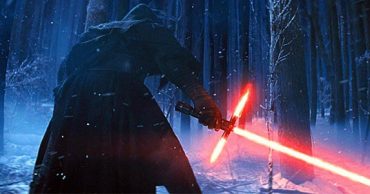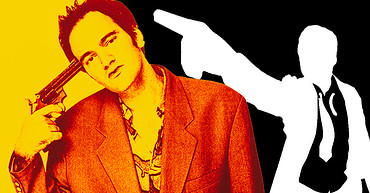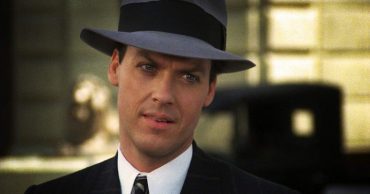
Credit: Black Panther: Wakanda Forever
We’re less than two weeks away from Black Panther: Wakanda Forever, and it’s shaping up to be a huge event. Of course, it helps that the original Black Panther became a global phenomenon that made over a billion dollars worldwide, but it’s amazing considering the fact that Chadwick Boseman is no longer able to represent the titular Marvel hero. As expected, fans weren’t thrilled with Ryan Coogler and Marvel’s decision not to recast T’Challa, with a petition to recast the character garnering over 50,000 signatures. However, Marvel and Coogler held their stance on the situation, and though the review embargo hasn’t been released just yet, all signs are pointing to the sequel being as good or even better than its predecessor.
That said, following the death of Chadwick Boseman, Coogler had to rewrite the sequel and focus on Wakanda as a nation rather than the Black Panther character itself. It does beg the question, what else was changed within the script? Was Namor always the antagonist? Were grief and loss always the themes of Black Panther: Wakanda Forever? For the first question, Namor was almost teased in the post-credits scene, so it was clear that Namor was going to be the villain no matter what. However, the bigger surprise seems to be that grief and loss were indeed the core theme of the latest feature. The sequel would’ve picked up following the events of Avengers: Infinity Wars and Endgame, which saw Black Panther die in Infinity Wars. The Marvel hero was resurrected in Endgame, but Wakanda Forever would’ve focused on the in-between events of those two films:

Credit: Black Panther: Wakanda Forever
“The tone was going to be similar,” Coogler told Inverse. “The character was going to be grieving the loss of time, you know, coming back after being gone for five years. As a man with so much responsibility to so many, coming back after a forced five years absence, that’s what the film was tackling. He was grieving time he couldn’t get back. Grief was a big part of it.”
Though Wakanda Forever is more focused on the nation as a whole, the sequel still needs a protagonist at the center of it. Naturally, Coogler and Joe Robert Cole had to sit down and restructure the characters, though the person who will take over the Black Panther role still remains a mystery: “Who the protagonist was, the flaws of the protagonist, what the protagonist was dealing with in their journey, all of that stuff had to be different due to us losing him and the decisions that we made about moving forward,” Coogler says.

Credit: Black Panther: Wakanda Forever
There’s no telling how the final product will turn out in the end, but given Coogler’s track record as a writer/director, Black Panther: Wakanda Forever should turn out to be a fantastic feature. The filmmaker has yet to receive a bad Rotten Tomatoes score for any of his written and directed works. It also helps that the buzz for the sequel has been nothing but positive thus far. Did Marvel and Coogler make the right decision on not recasting T’Challa? That’s a subjective topic, though the loss of a major character does cloud the upcoming Marvel film. The key is that Coogler makes Wakanda Forever work without feeling more than just a cash grab. Hopefully, the upcoming film can showcase that the world can work perfectly fine without T’Challa, which certainly won’t be an easy task.
Black Panther: Wakanda Forever will make its way into theaters on November 11, with Letitia Wright, Lupita Nyong’o, Danai Gurira, Winston Duke, Angela Bassett, Tenoch Huerta (Namor), and Dominique Throne (Riri Williams/Ironheart) starring in the Marvel movie.
 Follow Us
Follow Us





